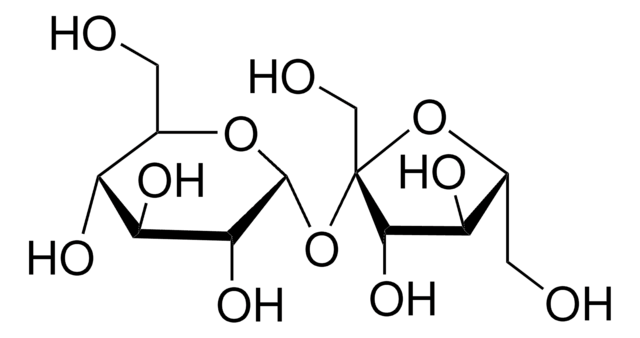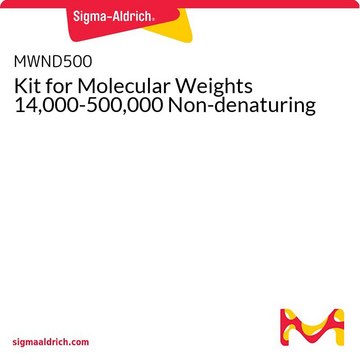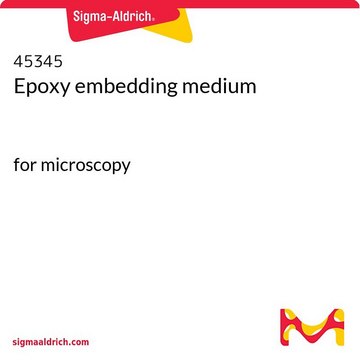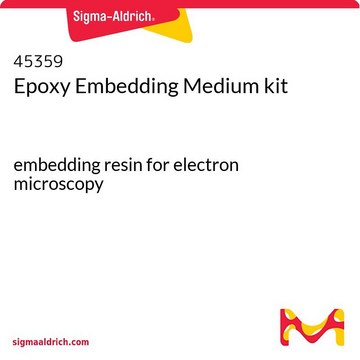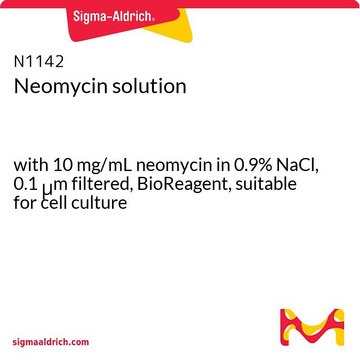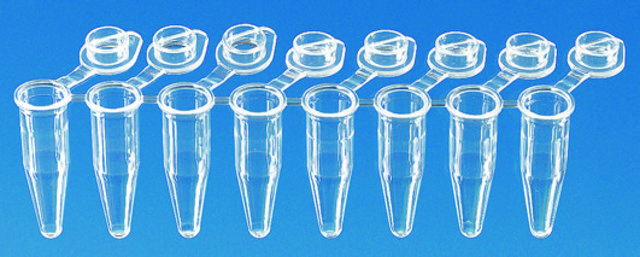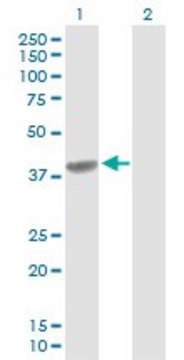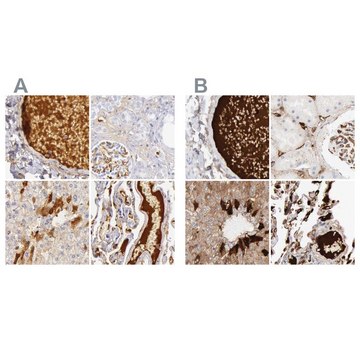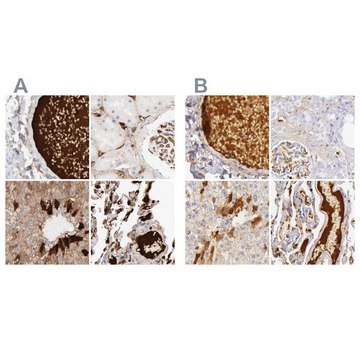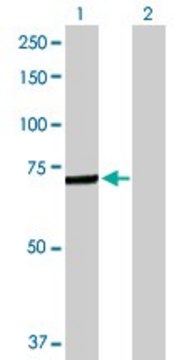SAB1401039
Anti-C4BPB antibody produced in rabbit
purified immunoglobulin, buffered aqueous solution
Synonym(s):
C4BP
About This Item
Recommended Products
biological source
rabbit
Quality Level
conjugate
unconjugated
antibody form
purified immunoglobulin
antibody product type
primary antibodies
clone
polyclonal
form
buffered aqueous solution
species reactivity
human
technique(s)
western blot: 1 μg/mL
NCBI accession no.
1 of 4
This Item | HPA001578 | HPA000926 | SAB1411365 |
|---|---|---|---|
| biological source rabbit | biological source rabbit | biological source rabbit | biological source rabbit |
| Quality Level 100 | Quality Level 100 | Quality Level 100 | Quality Level 100 |
| antibody form purified immunoglobulin | antibody form affinity isolated antibody | antibody form affinity isolated antibody | antibody form purified immunoglobulin |
| conjugate unconjugated | conjugate unconjugated | conjugate unconjugated | conjugate unconjugated |
| UniProt accession no. | UniProt accession no. | UniProt accession no. | UniProt accession no. |
| shipped in dry ice | shipped in wet ice | shipped in wet ice | shipped in dry ice |
General description
Immunogen
Sequence
MFFWCACCLMVAWRVSASDAEHCPELPPVDNSIFVAKEVEGQILGTYVCIKGYHLVGKKTLFCNASKEWDNTTTECRLGHCPDPVLVNGEFSSSGPVNVSDKITFMCNDHYILKGSNRSQCLEDHTWAPPFPICKSRDCDPPGNPVHGYFEGNNFTLGSTISYYCEDRYYLVGVQEQQCVDGEWSSALPVCKLIQEAPKPECEKALLAFQESKNLCEAMENFMQQLKESGMTMEELKYSLELKKAELKAKLL
Physical form
Not finding the right product?
Try our Product Selector Tool.
Storage Class
10 - Combustible liquids
flash_point_f
Not applicable
flash_point_c
Not applicable
Choose from one of the most recent versions:
Certificates of Analysis (COA)
Don't see the Right Version?
If you require a particular version, you can look up a specific certificate by the Lot or Batch number.
Already Own This Product?
Find documentation for the products that you have recently purchased in the Document Library.
Our team of scientists has experience in all areas of research including Life Science, Material Science, Chemical Synthesis, Chromatography, Analytical and many others.
Contact Technical Service